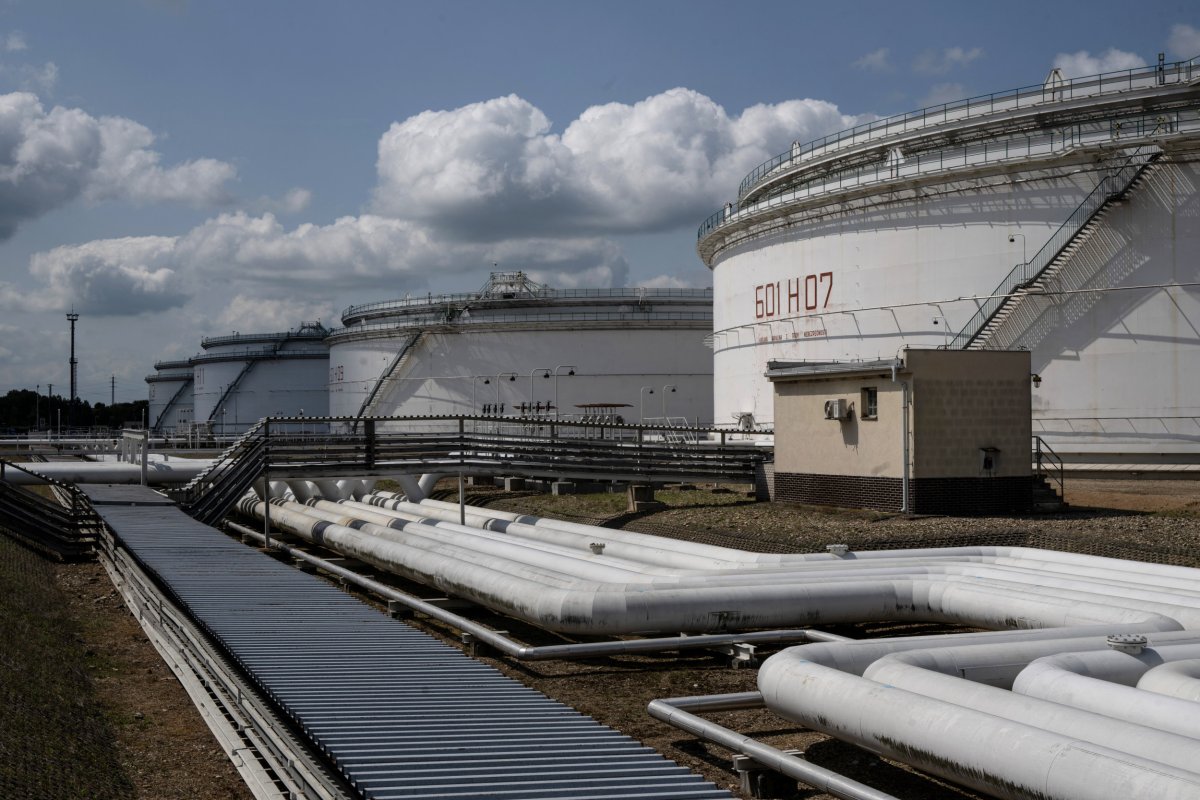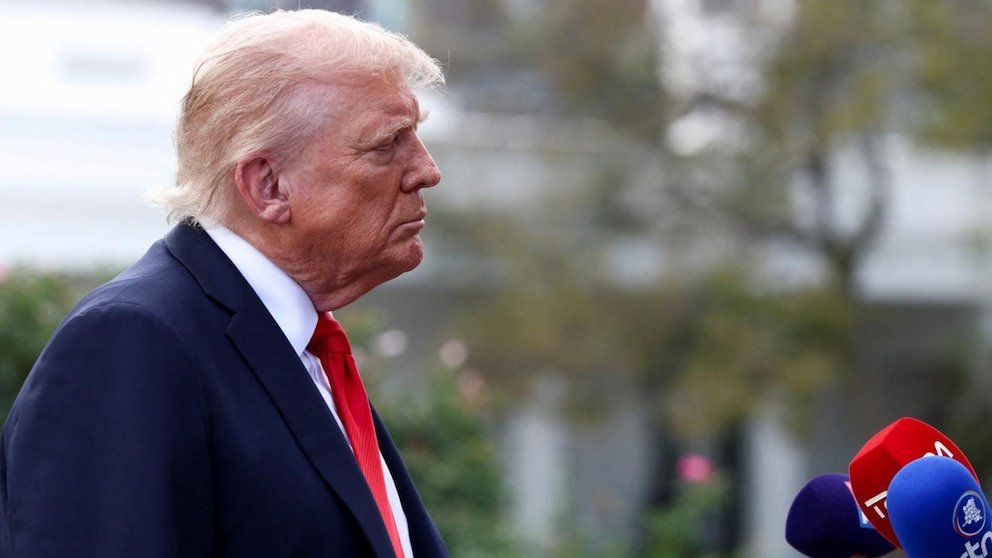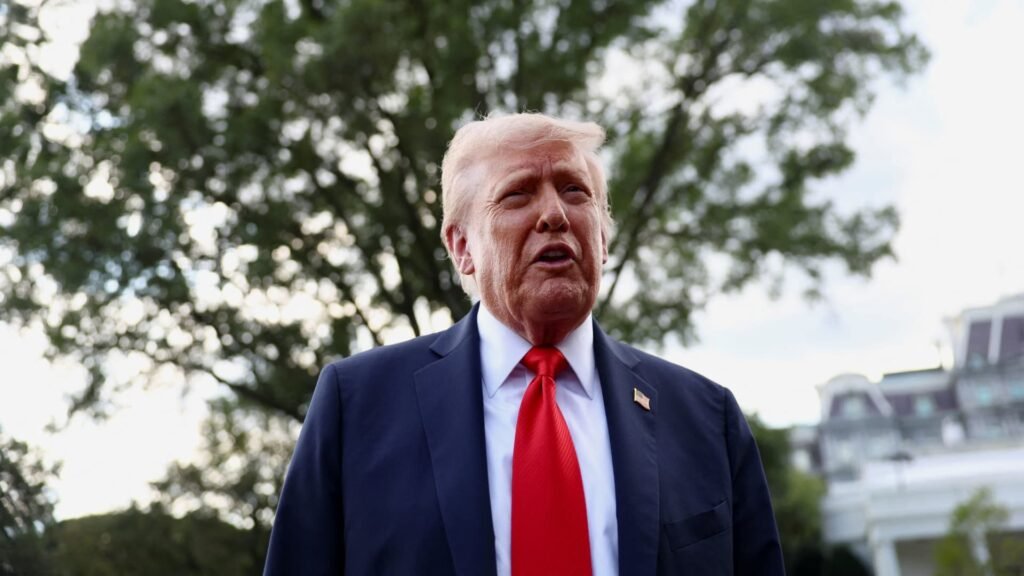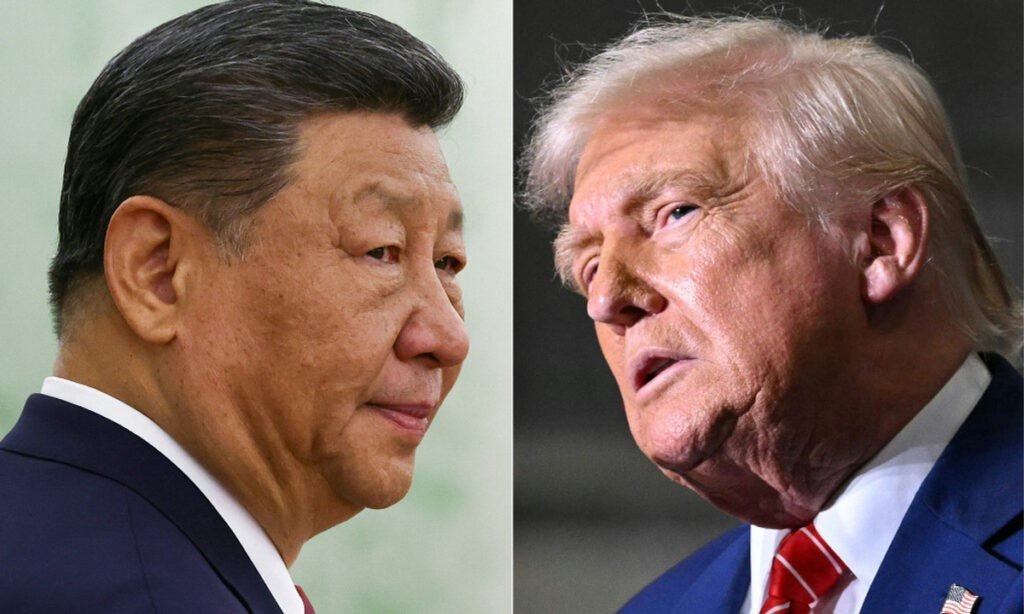President Donald Trump challenged members of the North Atlantic Treaty Organization (NATO) on Saturday to fully remove themselves from Russian oil before he agreed to further sanctions on Moscow, raising the question as to why some member states still use Russian oil years into the invasion of Ukraine.
Newsweek reached out to NATO and the European Commission by email outside of normal business hours on Saturday for comment.
Why It Matters
Negotiations for a peace deal appear to have stalled out as Russia launched a fresh wave of attacks against Ukraine this week. Moscow, which invaded the Eastern European nation in February 2022, announced a pause in peace talks with Ukraine and accused European nations of hindering the process, according to Reuters.
Moscow also accused Kyiv of not recognizing “the realities on the ground,” while Ukraine continues to accuse Russia of not genuinely pursuing any peace deal.
Trump has expressed frustration with the lack of progress since returning to office, having claimed he would swiftly bring the conflict to an end once he was president again. He admitted earlier this year that Russian President Vladimir Putin could be just “tapping me along” about seeking a peace deal, and he has criticized Putin and Ukrainian President Volodymyr Zelensky of not taking the appropriate steps to reach a deal.

This photo taken on June 17 in Nelahozeves, near Kralupy nad Vltavou, shows the oil tank terminal and pipelines of the state-run company MERO, which transports crude oil and protects the strategic crude oil reserves of the Czech Republic.
Michal Cizek/AFP via Getty Images
What To Know
On Saturday, Trump took to Truth Social to demand NATO members end their use of Russian energy before he commits to more sanctions, arguing that once that economic pipeline was shut off, he could also increase tariffs on China, fully suffocate Russia’s economy and end “this deadly but ridiculous war.”
“I am ready to do major Sanctions on Russia when all NATO Nations have agreed, and started, to do the same thing, and when all NATO Nations STOP BUYING OIL FROM RUSSIA,” Trump wrote.
The president continued: “If NATO does as I say, the WAR will end quickly, and all of those lives will be saved! If not, you are just wasting my time, and the time, energy, and money of the United States.”
Europe had agreements to buy Russian gas that expired at the end of 2024, at which point Ukraine cut off the gas transit, upsetting Russian officials, who warned the decision would have “the most negative impact on the standard of living of European citizens.”
Retired U.S. Admiral and former Supreme Allied Commander of Europe James G. Stavridis on Saturday backed Trump’s ultimatum, saying during an appearance on CNN: “Let’s point out that the vast majority of Russian oil and gas is no longer purchased by Europe, but there are still some holdouts. The president is right to call those out.”
“At the same time, we’re going to need not only that economic package, but also those sanctions, particularly against China, and, finally, I think we need to look at confiscation of Russian resources, their assets that are held in European banks in Brussels,” he said. “We need both economic and military tools to get the attention of Vladimir Putin.”
Russia has continued to evade sanctions by selling its energy to nations such as India and China, which led Trump to hit both with heavy sanctions—a move that upset India after an otherwise conciliatory relationship.
Why Do Some NATO Countries Still Buy Russian Oil?
Part of the appeal is Russia’s willingness to sell at a cut rate, making the energy cheap as global costs for oil and gas remain high, which has contributed to the cost-of-living crisis in some countries.
Some NATO members still buy oil from Russia—chiefly, Turkey, which has been the third-largest buyer after China and India between January 1, 2023, to July 30, 2025, according to the Centre for Research on Energy and Clean Air. Turkey has spent around $90 billion on Russian energy, with about $62 billion spent on oil alone.
Hungary and Slovakia also continue to buy oil from Russia, with Hungary buying around $13.4 billion on oil and gas and Slovakia spending around $10 billion on oil and gas—making them both top 10 importers of Russian energy.
It remains unclear if Trump will directly confront Hungarian Prime Minister Viktor Orbán or Turkish President Recep Tayyip Erdoğan, both of whom have been allies to the American president.
The European Union (EU) attempted to shift away from Russian energy by switching over to a supply line operated by Azerbaijan, but some researchers have suspected that Azerbaijan has imported more fuel from Russia to then pass along to Europe in order to meet the demand, according to Politico. However, Azerbaijan has insisted that any gas imported from Russia is for domestic use only.







